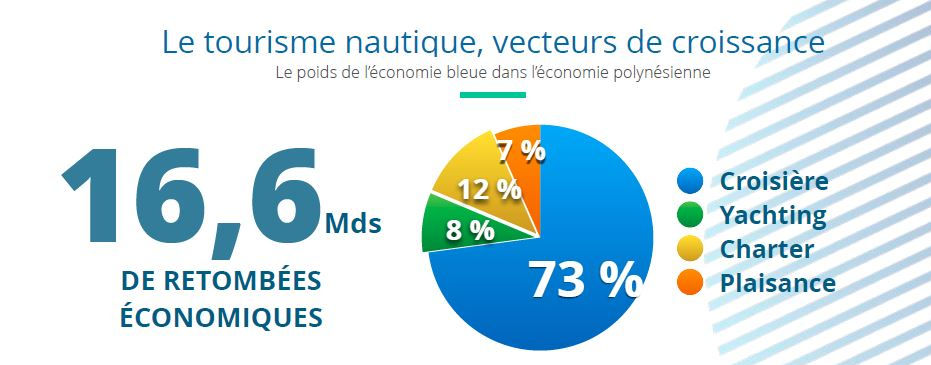Press release of the Association of Sailors in Polynesia after the information meeting of October 29 at Vairai Park in Outumaoro
Press release
Papeete, 03 November 2019
At a conference held on Tuesday 29 October at Vairai Park, the Minister of Housing and Land Development Jean-Christophe Bouissou announced the imminent expulsion in the middle of the cyclonic season of sailboats from the anchorage of Outumaoro, commune of Mr. Punaauia.
The Association of Sailors in Polynesia (AVP) welcomes the Minister's concerted efforts and the willingness of the government, town halls and administrative services present.
The AVP understands the ministerial will to move the sailboats present at the outumaoro anchorage. However, this cannot be done without a realistic and viable fallback solution being offered to the sailboats concerned.
To our knowledge, the mooring area is used by a wide variety of users:
- It is essential for temporary use: many sailboats are there for technical reasons, for a few days or weeks. This use should be preserved and secured by dead bodies for passing sailboats.
- Sailboats have chosen this location to make a stopover along, sometimes very long. Families live there, children are in school, people are working. We have to take these social realities into account and we have heard that those in charge are sensitive to them.
- Due to the lack of marina places and dead bodies, some boats are waiting to find a better solution. It is never pleasant to leave your boat at anchor for a long time unattended during the cyclonic season. This is a situation that any responsible boater will try to avoid. Some boats are too big for dead bodies (which are not calibrated to withstand large tonnages) or on the contrary, too small to bring in enough money (dead bodies are charged according to the size of the boats).
- Finally, boats in very poor condition have taken refuge there. Wreckage is a problem for all and the country must have a legislative apparatus and a deconstruction system in order to free up places for sailing sailboats, avoid the disastrous image of their abandonment, limit the danger to navigation and pollution that would represent their sinking. We know that the government and the blue economy are working on it.
The AVP proposes to the Minister, his advisors and his services, a study with the aim of getting to know the sailboats actually present on the premises, by making a list of the current situations and expectations of each user. It will make it easier to relocate sailboats in the best possible situation.
The Minister announces that he will not be able to offer a similar surface area around the urban area of Papeete, either in Vaitupa or along the runway at Faa'a airport. Only 60% of sailboats will find a place. It must be possible to propose a similar surface around the urban area of Papeete, where all the sailboats of Outamaoro will find a place, although less practical. Polynesia has not yet taken the full measure of the influx created by the 36-month exemption from import duties and taxes and has fallen behind on the infrastructure required to develop a tourism boating sector.
In his speech, the Minister reiterated his desire for real consultation, thus opposing the old practices. Out of any controversy, the AVP wishes to obtain an appointment with the Minister to technically study pragmatic solutions to problems that concern all users of the maritime public space.
But more broadly, the Association of Sailors in Polynesia warns the government about the need to involve the population of Tahiti and islands in the integration of sailboats and water tourism. The current stigma will not lead to anything desirable. All studies show that sailing is one of the most ecological tourist lifestyles and that the quality of bathing waterin the Lagoon of Punaauia has improved steadily while the number of sailboats has increased.
Stéphane Renard, the coordinator of the Maritime Cluster of French Polynesia, presented a few days ago the figures of water tourism:

Water tourism is undeniably a growth driver. In his article Maritime and Maritime Tourism in Polynesia: crucial for economic development, he wrote in June 2017, two and a half years ago already: "Nevertheless, the growth of these segments cannot be envisaged without a new phase of reflection and major structuring, in view of operational difficulties, social acceptance, or environmental preservation that additional flows would not fail to pose. »
Sailboats are fully prepared to make many efforts to preserve their environment. They are very aware, perhaps more than the people who live on earth, of their impact on nature. Their way of life is often sober, demanding and people who travel are often open to others, curious to meet other cultures. It is in this spirit that the Association of Sailors in Polynesia has adopted a charter of good conduct of the boater in Polynesia. It promotes rules and practices so that "living together" is not merely a vain word but a way of life shared by all.





